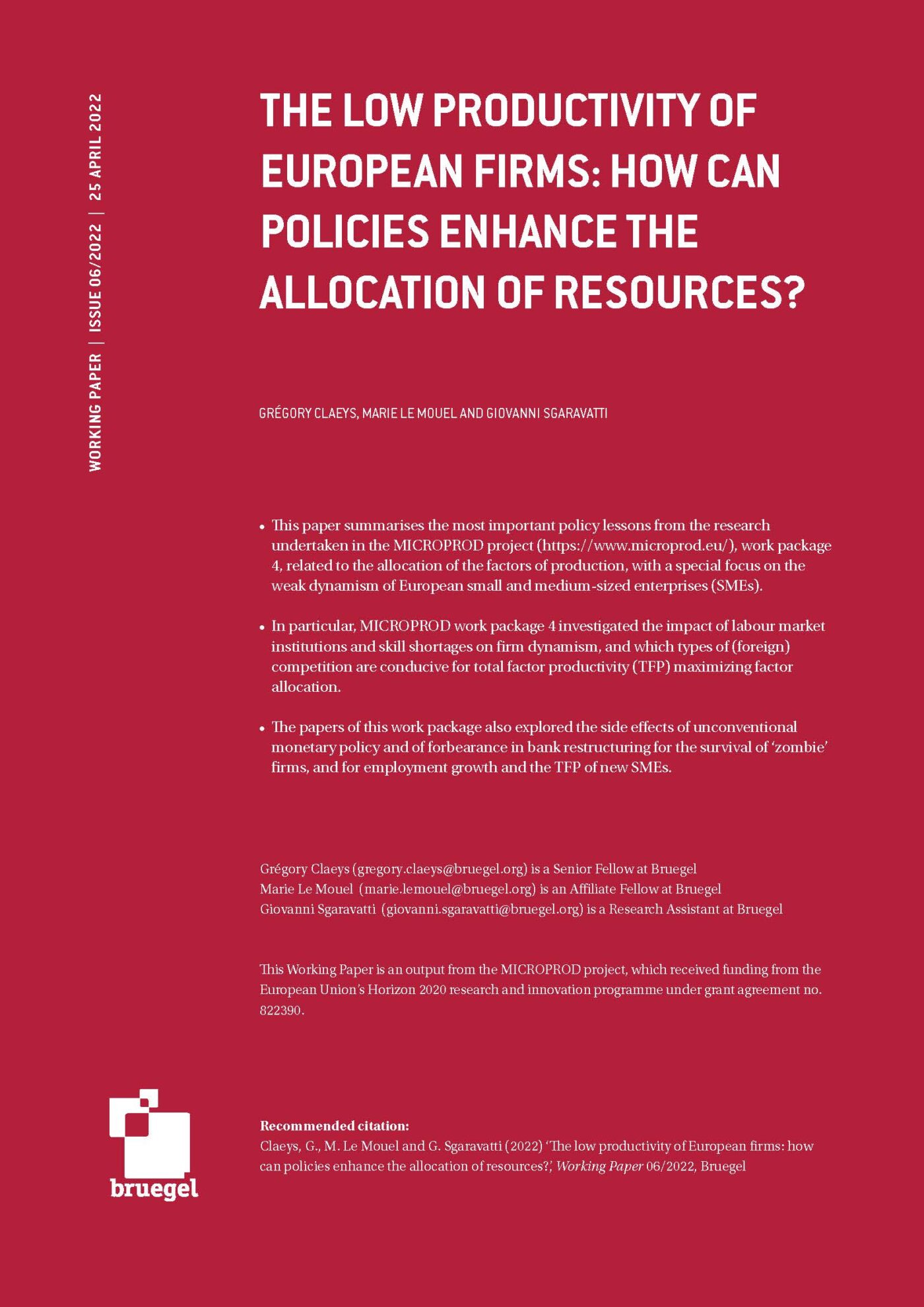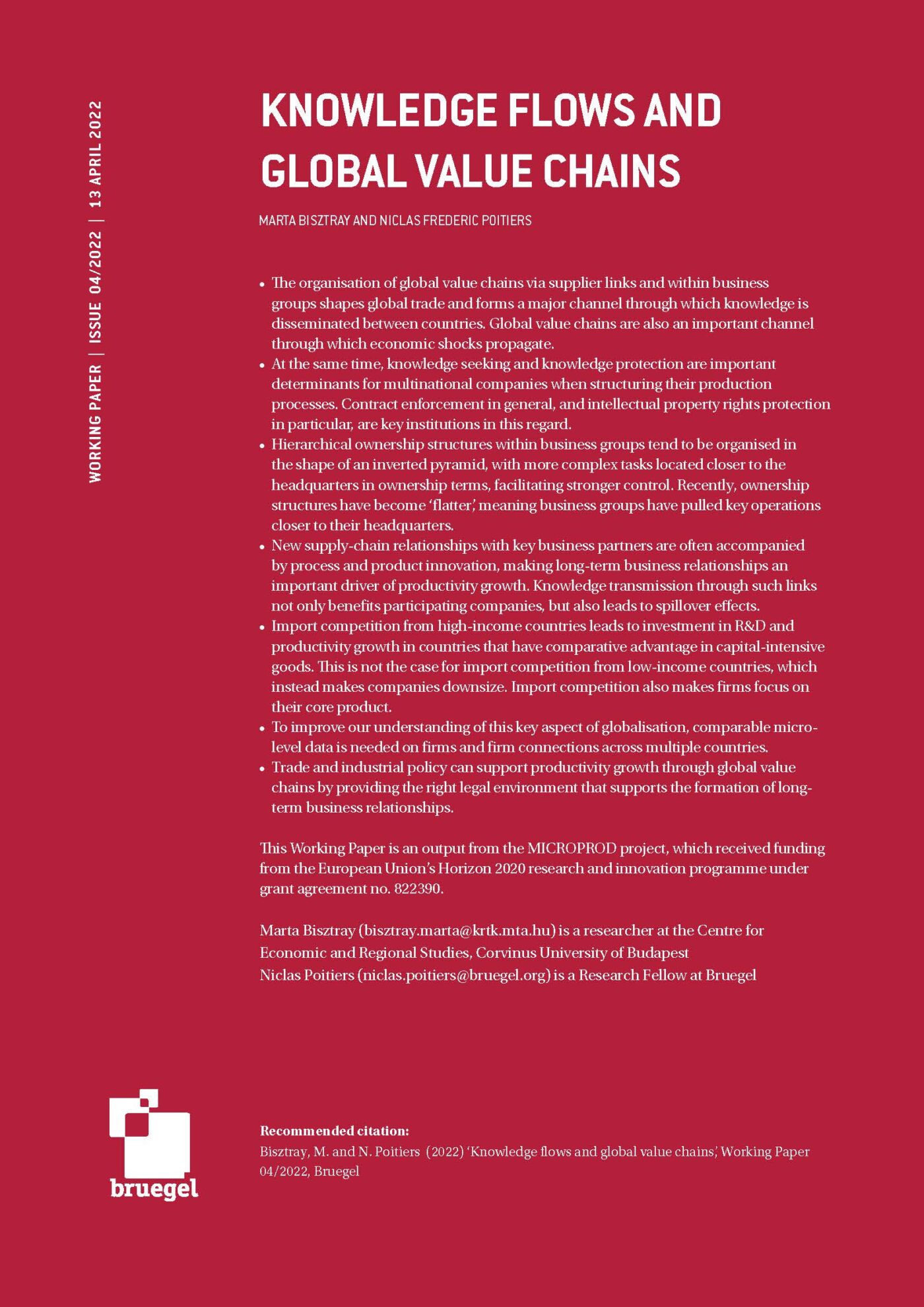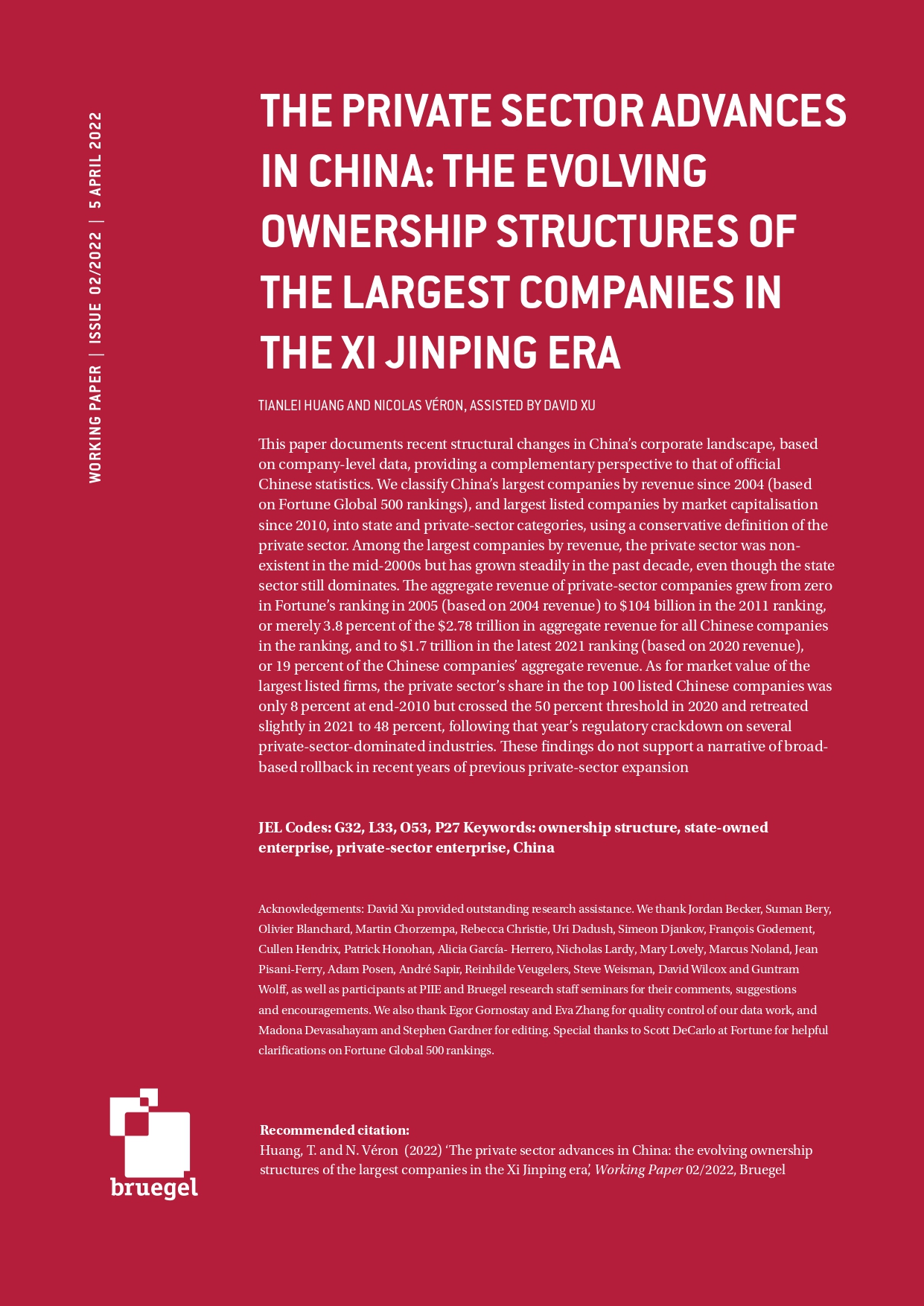Opinion
South Korea and Indonesia: a capital match
Mutually beneficial Jakarta-Seoul relationship could develop further with an upgrade in Jakarta’s sovereign debt.
This op-ed was originally published in Nikkei Asian Review.

South Korea and Indonesia look as though they were made for each other. South Korea has become a net exporter of capital, given its increasingly low return on assets, while Indonesia has a young population and huge capital needs, which ensure a high return on investment. Given its relatively low savings ratio, Indonesia’s current account deficit is understandable. It needs foreign investment – and that is where South Korea comes in.
South Korea is increasingly looking like Japan in the 1990s, although it has higher growth potential and fewer deflationary pressures. Current account surpluses are the source of capital that has allowed Japan, and now South Korea, to become huge net external creditors. Few other countries are in that situation, although Germany and Taiwan are other examples.
In terms of demographics, aging South Korea has huge savings. Its current account surplus has been substantial for many years, and is still growing. It could reach 8% of gross domestic product this year. This has allowed South Korea to shift from being a net external debtor to a net external creditor in only two years.
What is even more amazing is that the total amount of net external wealth has reached $200 billion, a similar level to that of Japan. The key driver behind investment overseas, other than current account surpluses, is low returns on assets domestically. South Korea’s return on assets has fallen rapidly since 2011, pushing savings out of the country – as happened in Japan decades ago.
Using equity indices as a benchmark, the return on assets for the Korea Composite Stock Price Index 200 is 2.1% as of October 2016 – lower than the 2.5% return for the Nikkei 225 Index. As a result, companies are seeking higher returns through a massive increase in outward foreign direct investment, and South Korean institutional investors are looking for outward portfolio investment to secure higher yields for their clients.
High returns
Looking across Asia, Indonesia is the perfect partner for South Korea. Strong population growth drives huge infrastructure needs, while its very small stock of capital ensures high returns. Indonesia’s annual economic growth is estimated to hover between 5% and 6% depending on how much it manages to limit growth bottlenecks in infrastructure and human capital.
What Indonesia needs is what South Korean companies are looking for. The Indonesian government has prioritized investment in energy, utilities and logistics infrastructure, while interest in further exploiting mining opportunities has fallen. This set of preferences is much more akin to South Korean companies’ comparative advantages. In fact, their share of global outward foreign direct investment in construction and utilities surged to 12.4% in 2015, compared with just 3.4% two years ago.
Also, given Indonesia’s relatively low level of domestic savings, it remains dependent on foreign capital to finance some of its investment needs. About 40% of securities issued by the Indonesian government is bought by foreign investors. This structural need for foreign capital means that Indonesia will continue to run current account deficits and will remain a higher-yield economy than those with excess savings.
Given their complementary needs, the final question is how the growing financial relationship between the two countries can be nurtured. One answer would be an upgrading of Indonesian sovereign debt by one notch to investment grade. Many South Korean institutional investors are restricted to countries awarded investment grade ratings.
A better investment environment and better enforcement of the rule of law in Indonesia would also be welcome, as would deeper liquidity in financial markets offering greater hedging opportunities. But these things can come later as the country and its financial markets develop. Investment grade status should come first, and Indonesia is clearly not far from achieving it.
Republishing and referencing
Bruegel considers itself a public good and takes no institutional standpoint.
Due to copyright agreements we ask that you kindly email request to republish opinions that have appeared in print to [email protected].











